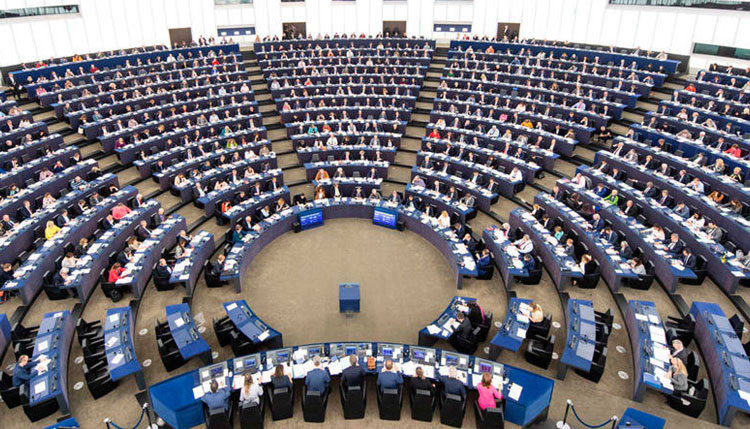Alberto Rubio
After the voting that ratified the investiture of Pedro Sánchez, the president of the Congress, Francina Armengol, communicated yesterday to King Felipe VI the result, which will allow the President of the Government, until now in office, to revalidate his mandate for another four years.
Congress’ endorsement of Pedro Sánchez will be published today in the Official State Gazette (BOE) and the act of promise of the renewed President of the Government will also take place today. Sánchez is expected to announce the composition of his new Executive before next Monday in order to hold the Council of Ministers the following day, Tuesday, with the new cabinet.
Sánchez obtained the 179 votes expected. In addition to those of his own party (121), his investiture was supported by Sumar (31 MPs, including the 5 of Podemos), ERC (7), Junts per Catalunya (7), EH Bildu (6), PNV (5), BNG (1) and Coalición Canaria (1). The People’s Party (137 MPs), Vox (33) and Unión del Pueblo Navarro (1) voted against, as was also foreseen.
Now begins a legislature which many political commentators consider “scorched earth” due to the radical division existing between both blocs, with no possibility of recovering dialogue, at least for the time being.
And not only political fights with the opposition are foreseen. Most of the judges’ associations reject the granting of the amnesty to the Catalan pro-independence supporters; the concession of the management of the Social Security to the PNV has irritated the professional associations of this body; and protests continue in the streets, with worrying outbreaks of violence, such as the insults and the throwing of eggs suffered by a group of Socialist deputies yesterday, before entering the Congress.
Nor will it be easy for Pedro Sánchez, in the next four years, to maintain unity among all the groups that support him in order to push forward certain legislative initiatives, since these parties have very different objectives.
In the investiture plenary, as The Diplomat was reporting live during these two days, it became clear that the Catalan pro-independence parties (Junts and ERC) have their own agenda, as does EH Bildu, while the PNV will struggle not to continue losing support among its voters less than a year before the autonomic elections.
To this is added that, within Sumar, Podemos already indicated yesterday the possibility that its five deputies will not abide by the discipline of the group led by Yolanda Díaz. And as if that were not enough, the only deputy of Coalición Canaria, although she had initially rejected the Amnesty Law, later justified her vote for Sánchez because her objective is “to negotiate investments and agreements that improve life in the islands”.
All the groups that supported Pedro Sánchez coincided in their interventions by warning that they will “watch” the president of the Government, starting with the spokesperson of Junts, Miriam Nogeras, who in a harsh intervention told Sánchez: “With us do not tempt fate, because it will not serve you”, in reference to the fact that the head of the Government must comply “point by point” with the agreements signed with the party of the fugitive Carles Puigdemont.
These agreements, in addition to the amnesty, contemplate the negotiation of a referendum of self-determination for Catalonia, and are added to those negotiated with ERC: forgiving Catalonia’s debt with the State and the transfer of Rodalies (the commuter train network) to the Generalitat, among others.
The opposition (PP, VOX and UPN), for its part, will not make it easy for the government of Sanchez. The PP parliamentary spokeswoman, Cuca Gamarra, declared yesterday that they are going to be very forceful against the amnesty: “We will do everything we can do”. And the president of the party, Alberto Núñez Feijóo, described Sánchez as “a president extended month after month“.







